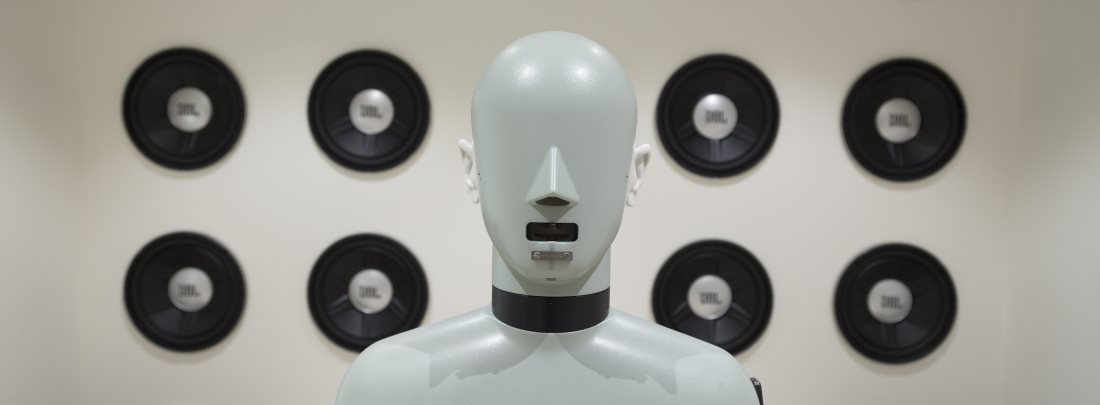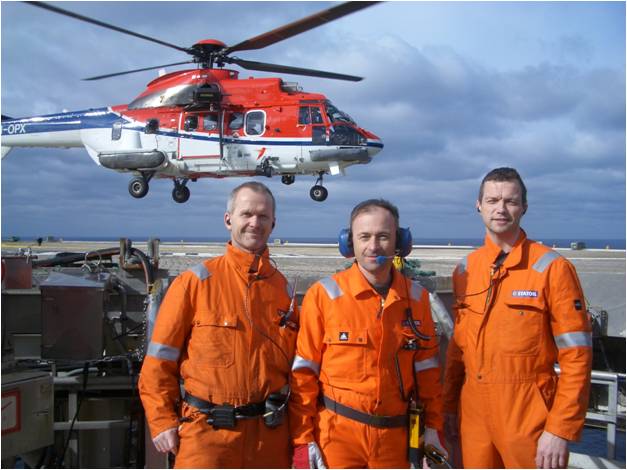Noise induced hearing loss (NIHL) is one of the most common occupational diseases. This is a fact even if most countries have legislations specifying how much sound employees can be exposed to. Therefore new models for NIHL seem to be necessary to reduce the risk of developing hearing disorders.
In the Norwegian petroleum industry much attention has been paid to occupational noise and hearing damage in the last decade. Statoil ASA has, in collaboration with Honeywell, been involved in several projects at SINTEF with this in mind. The current ongoing project is called Next Step (Noise Exposure Tackled Safely Through Ear Protection).
The goal of the Next Step project is to reduce the number of people with NIHL. This will be done by making more precise hearing damage models. Such models can be used to improve the environment, health and safety legislations used in noisy industry. By introducing more precise hearing damage models one may also prevent overprotection. The safety of the workers must, of course, always be the main focus, but overestimation of the danger from a noise situation will only undermine the credibility of a labour legislation.
The paramount objective of the Next Step project is to reduce the risk of developing hearing loss among workers in noisy industries. This objective will be reached by fulfilling three main objectives. These are:
- To strengthen the scientific knowledge about noise-induced hearing loss
- To support the recruitment within the field through PhD, and MSc education
- To strengthen the position of the project participants as active partners in the international scientific community within the field of hearing and hearing protection
It is also an object in the project to find an early warning indicator for hearing damage. This can be used to identify persons susceptible to NIHL, and reduce the risk of permanent damage.
The project is funded by the Research Council of Norway, Statoil ASA and Honeywell.




